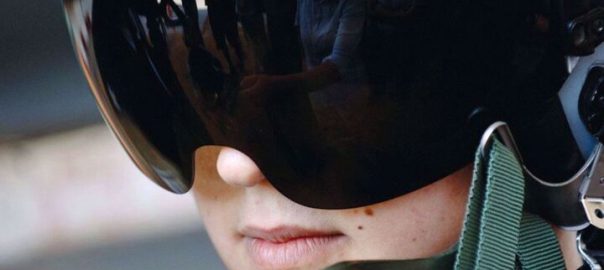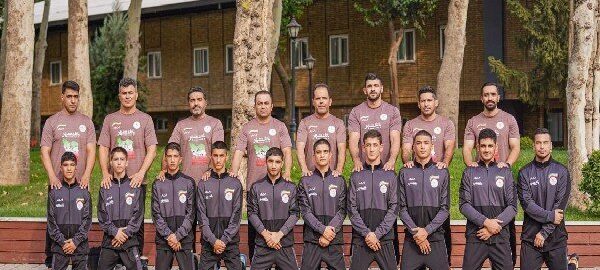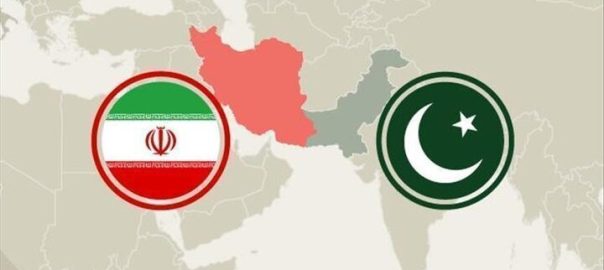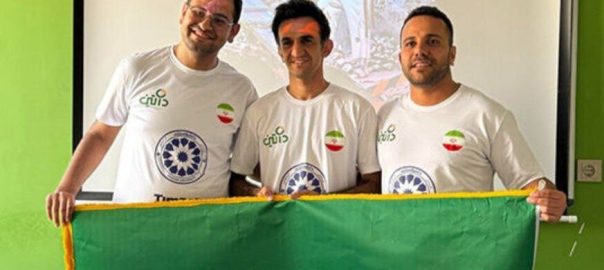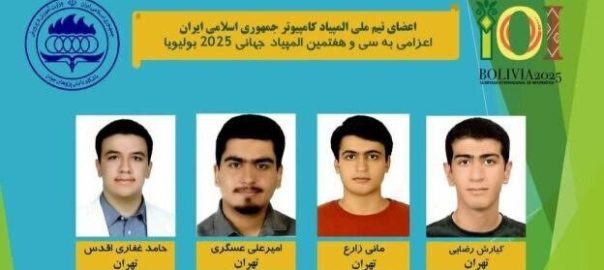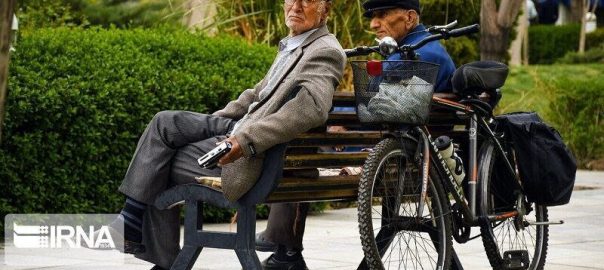Having published a total of 4,615 articles in top 25 percent of journals (Q1 journals) in 2024, Iran is placed among top ten countries in publishing nanotechnology articles, ranking 12 in h-index for nano-articles in the world.
China, the U.S., and India, with 86,924, 14,473, and 11,194 articles, respectively, are the top three countries. Iran is atop England (4,360), Japan (4,022), and Spain (3,830) in the ranking, ISNA reported. The Q1 journal index is used to categorize scientific journals based on their impact; it is most commonly used in databases like Scimago Journal Rank (SJR) and Journal Citation Reports (JCR).
Q1 journal ranking is based on Impact factors, SJR, H-index, and the number of citations, ISNA reported.
Introduced by physicist Jorge Hirsch, the h-index is an important metric for measuring the scientific impact of a researcher, journal, or university. It was introduced by physicist Jorge Hirsch. It measures the number of scientific publications (many articles), scientific impact (high number of citations), and a combination of quantity and quality of research.
Although from 2011 on, the country has undergone a downward trend in patenting nanotechnology, it is placed among the top 30 countries in patenting nanotechnology, ranking 27th in 2024.
It is worth noting that the percentage of granted patents increased from 19 percent in 2023 to 25 percent in 2024. Similarly, the number of published and granted patents slightly rose from 17 percent in 2023 to 19 percent in 2024.
By the end of 2024, Iran had published 364 nanotechnology-related patents in the US Patent and Trademark Office (USPTO). 25 percent of Iran’s USPTO-registered patents fall within the nanotechnology sector.
Iranian nanotech journals among world’s most cited
The Journal Citation Report (JCR) Impact Factor 2024 has cited 161 Iranian journals, naming five among the world’s most cited in the nanotechnology sector.
Journal of Nanostructure in Chemistry (JNSC) affiliated to Islamic Azad University with an impact factor of 7.9 is placed among the top 25 percent of journals in JCR published by Clarivate Analytics in three categories including Nanoscience and Nanotechnology, ranking 34 among 147 top journals; Chemistry, Multidisciplinary, ranking 41 among 239 journals; and Material Science, Multidisciplinary, ranking 88 among 460 top journals.
Journals of International Nano Letters affiliated to Kermanshah Islamic Azad University, Nano-medicine Journal affiliated to Mashhad Medical Science University, Journal of Nanostructures affiliated to Kashan University, and International Journal of Nano Dimension affiliated to Tonekabon Islamic Azad University received an impact factor of 4.0, 1.7, 1.3, and 1.1, respectively, IRNA reported.
So far, ten out of the 12 specialized nanotechnology journals in the country have been indexed in the international Scopus database, of which five have received an impact factor.
The JCR 2024 included data from over 21,000 journals from 113 countries across 254 research categories.
JCR is most commonly a database that provides impact factors and rankings for scholarly journals in science, technology, and social sciences, based on citation data. JCR is a widely used resource for evaluating and comparing journals within the research community.
The most well-known metric provided by JCR is the Journal Impact Factor (JIF). The JIF is a measure of how frequently, on average, articles published in a particular journal are cited in a specific year.
JCR data is drawn from the Web of Science Core Collection, a comprehensive citation index.
Only journals that have met the rigorous quality standards for inclusion in the Web of Science Core Collection are featured within the Journal Citation Reports, which ensures users can confidently rely on the information and descriptive data provided.
The annual reports provide a rich array of publisher–neutral data, metrics, and analysis to enhance user understanding of journal performance, including the widely recognized JIF and the Journal Citation Indicator.
T.T/


